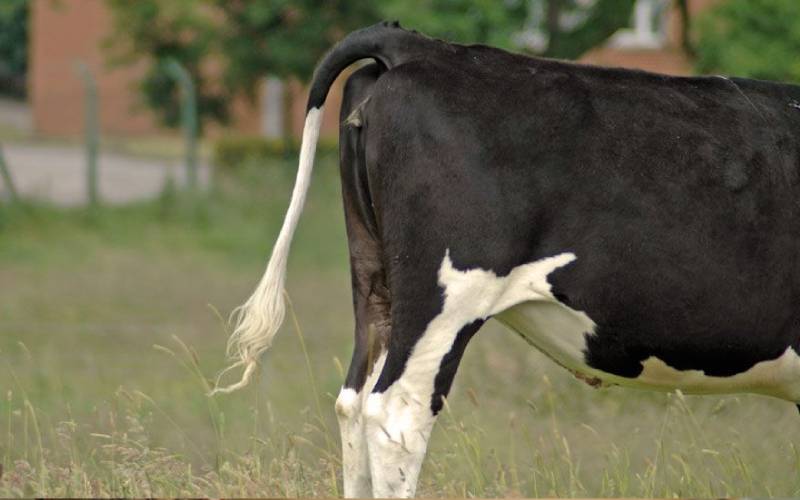×
The Standard e-Paper
Fearless, Trusted News

Dear DaktariThanks for the educative Saturday pieces on animal health. My cow is about to give birth but I have observed that its dung is too dry of late. could this be a cause for alarm?